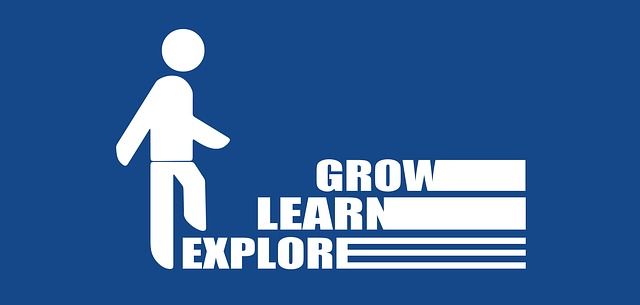DevOps is defined as a combination of cultural philosophies, practices, and tools that increases an organisation’s ability to deliver applications and services faster and better than the organisations using traditional software development and infrastructure-management processes. This means, DevOps is a strong determinant of business capability and success, more so, with the world of DevOps changing rapidly over the next few years. With customers of all kinds expecting faster and more efficient updates in software services, the technology providers definitely need smarter DevOps teams.
A survey by DevOps Institute, titled ‘2019 Upskilling: Enterprise DevOps Skills Report’, outlines the most valued and in-demand skills needed to achieve DevOps transformation within enterprise organisations of all sizes. As per the survey, the respondents agreed that automation skills (57 per cent), process skills (55 per cent) and soft skills (53 per cent) are the most important must-have skills.
Since DevOps is focused on tools, collaborative culture, processes and numbers, it is critical that organisations look at a multi-modal approach to upskilling talent. With diverse areas such as these, a combination of learning material and methods can ensure learning that sticks—books and labs can provide more in-depth information, while videos or short instructional documents or DIY guides can offer quick revisions or updates. Here’s a list of skills that DevOps professionals need to build for transformational growth and sustenance.
Tools: The world of DevOps is so on the rise that new tools and technologies are introduced quite frequently. That said, for a DevOps engineer to stay abreast with the changes and to be able to perform with new tools at hand, learning and upskilling becomes critical. Introduction of new tools, such as Jenkins, Chef, Puppet, and so on, makes it all the more important to learn and implement new workflows and frameworks.
Business & leadership skills: The DevOps survey suggests that automation process and business & leadership skills are the ‘must-have’ skills for a DevOps engineer. The role of DevOps involves streamlining and transforming the functional work experience between the development and operations teams. This requires efficient communication and collaboration, for which the softer skills are critical. While people skills are important in every field, especially in DevOps, where collaboration is key, organisations cannot just do without developing business & leadership skills in employees.
Process automation: Two terms being widely used in the development world currently are, continuous integration (CI) and continuous delivery (CD). Organisations are developing CI and CD pipelines with the goal of automating code deployment. This is a new concept and the existing talent requires significant learning and upskilling initiatives to be able to make use of these.
Read this to know 8 questions to ask when deciding on training for your Technology and Developer employees.
Collaborative culture: A culture of collaboration is crucial to successful implementation of projects and updates. And to build one, organisations need to re-look at their culture and instill skills such as team management and leadership with collaboration. It requires breaking down silos and uniting the teams to perform together. A DevOps engineer who understands the importance and impact of collaboration, works in small batches so that others can also do their bit efficiently, from performing code reviews to writing acceptance tests.
Speed and numbers: Response time, speed and agility along with adaptability are extremely important to service delivery. The technical side of DevOps values different metrics for measuring the success of a project. Knowing how long the CI process takes is important. The average response time of the representational state transfer services (REST) or the number of concurrent users at any given time represents useful data that may change the way developers solve specific problems.
Apart from these, the 2019 Upskilling Survey suggests that cloud and analytical knowledge are the top technical skills for DevOps engineers. Enabling the DevOps teams to take up future challenges and deliver efficiently is what will determine the future success of organisations. That said, upskilling is a viable strategy to help meet the demand of a marketplace that requires the best of the best to get ahead.



